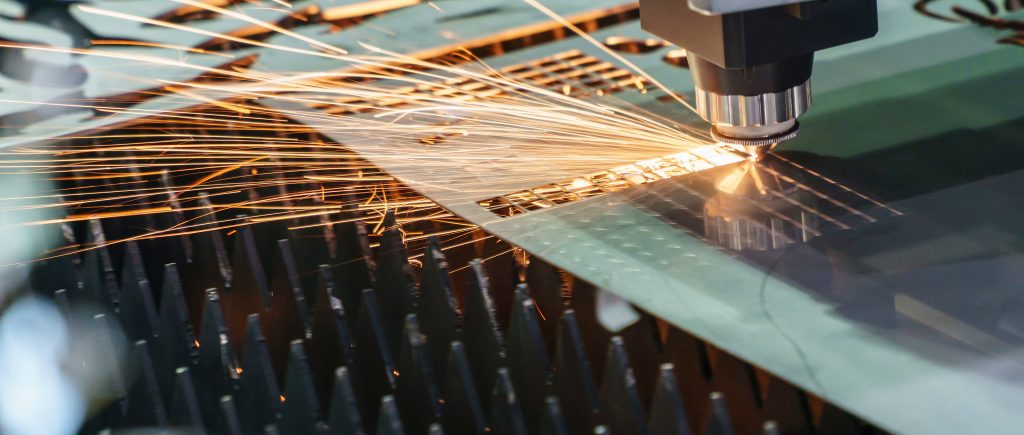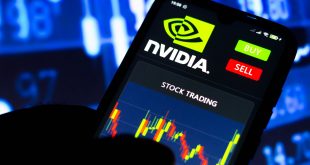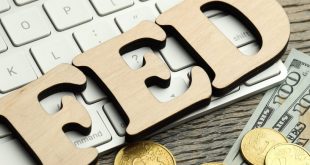The Trump administration imposed metal tariffs on dozens of countries in 2018, saying that a excess of foreign steel and aluminum threaten US manufacturers out of business and pose a national security threat.
The Nippon Steel Corp. plant in Kashima, Japan, in 2018. The Biden administration is expected to announce on Monday a new deal that would allow up to 1.2 million tons of Japanese steel into the U.S. duty-free each year.
The Nippon Steel Corp. plant in Kashima, Japan, in 2018. The Biden administration is expected to announce on Monday a new deal that would allow up to 1.2 million tons of Japanese steel into the U.S. duty-free each year.
The Nippon Steel Corp. plant in Kashima, Japan, in 2018. The Biden administration is expected to announce on Monday a new deal that would allow up to 1.2 million tons of Japanese steel into the U.S. duty-free each year.
The Biden administration has reached a deal to partially lift tariffs that the Trump administration imposed on Japanese steel, according to people familiar with the matter, scaling back levies that were opposed by the Japanese government and American manufacturers that use imported steel.
The Biden administration is expected to announce the arrangement, which was first reported by Bloomberg News, later on Monday.
The deal will maintain some protections for American metal makers by transforming the current 25 percent tariff on Japanese steel into a so-called tariff-rate quota, an arrangement in which higher levels of imports are met with higher duties. Up to 1.2 million tons of Japanese steel will be allowed to come into the country duty-free each year, with volumes above that level subject to a 25 percent tariff, one person said.
The Trump administration imposed metal tariffs on dozens of countries in 2018, saying that a glut of foreign steel and aluminum threatened to put U.S. manufacturers out of business and posed a national security threat. Former President Donald J. Trump did lift or scale back the tariffs on certain countries, including Mexico and Canada, but many governments remained subject to the levies.
That included the European Union, which in October reached an agreement with the Biden administration that relaxed some of the tariffs. But unlike that agreement, in this agreement, companies that previously received exclusions to the tariffs on Japanese metal will now be subject to the new quotas, one of the people familiar with the matter said.
The trade barriers have pleased many domestic metal makers and unions. But they rankled both foreign allies and many American companies that use imported steel and aluminum to make cars, washing machines, beer cans and other products, who were forced to pay higher prices for their inputs.

 Noor Trends News, Technical Analysis, Educational Tools and Recommendations
Noor Trends News, Technical Analysis, Educational Tools and Recommendations




